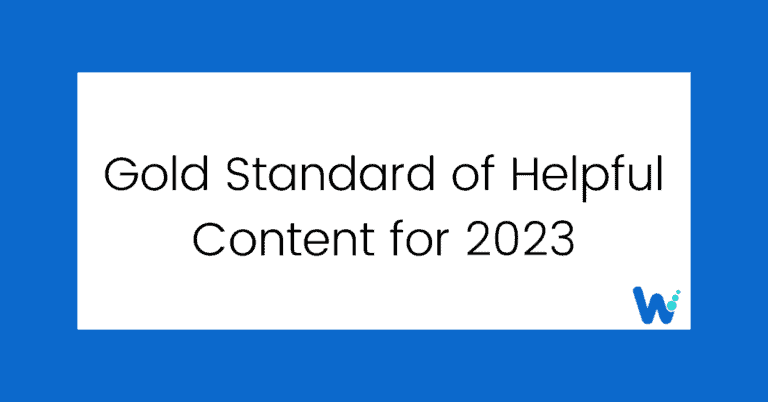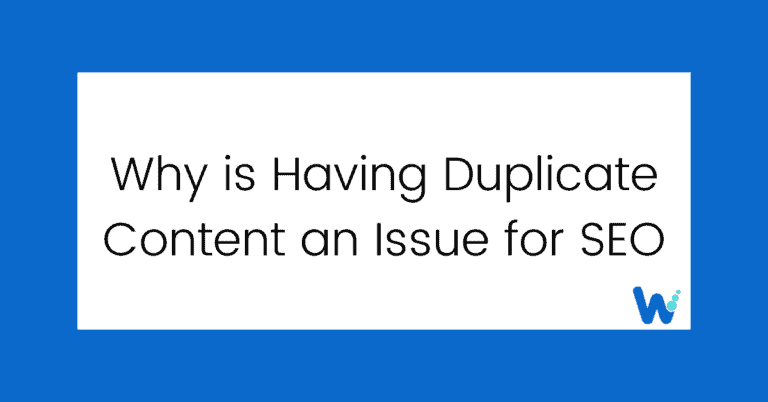Have you ever entered google to search for a thing and found something from another dimension that does not have relevance to your query? Have you found yourself looking at something meaningless and getting distracted from your aim? Bet you have!
This article will provide 8 Ways to Save Time on Google Search Engine and suggestions that will improve your search skills in Google, and get relevant SERP.
In today’s world, time-saver tips is equivalent to money. People earn per hour, minute, blog, word, and whatnot. So googling something and not getting directed to your aim wastes your time and money.
But can you get out of this never-ending loop of the wrong direction in google? And most importantly, whose fault is it, yours or Google’s? Without overburdening you with any further questions, let’s dive into the time-saver tips to help you.
8 Ways to Save Time Tips That Will Give Relevant Results
Google is the most influential invention of humankind. We find ourselves looking for an answer to everything. We are in a dilemma! Be it a simple answer or a complex one, Google it and get sorted. But did you know that most of us are using it in the wrong way? With 99,000 searches per second, most people need to use it correctly. This article is about time-time-saver tips
1. Use “Site”
The site enables Google to direct you to one particular website and not millions of results it can come up with in just a second. For example, write “site:www.domain.abc”. Site search will give you the result you want without wasting your time. It is a search operator that is very useful for general and market research searches.
2. Insert Quotation Marks
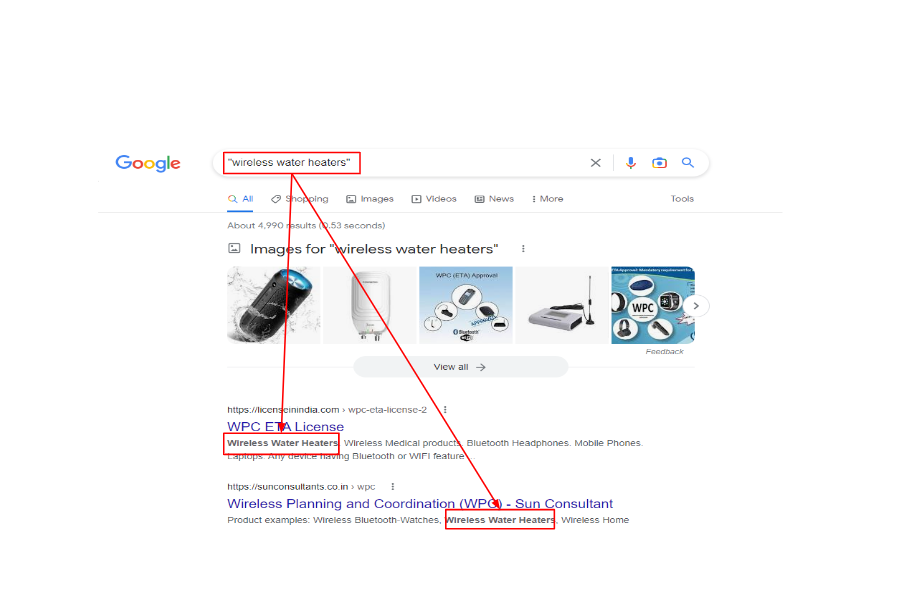
Google offers you a particular operator called 8 Ways to Save Time quotation marks that will direct you to the exact thing you are searching for. For example, if you are looking for wireless water heaters, write “wireless water heaters” in the search bar and let google do its job.
3. Use Periods: “..”
Suppose you are searching for something from a given number to the next; use two periods, one after another, instead of and, for an optimized search result. The number can be two years, amount of money, numeral, etc.
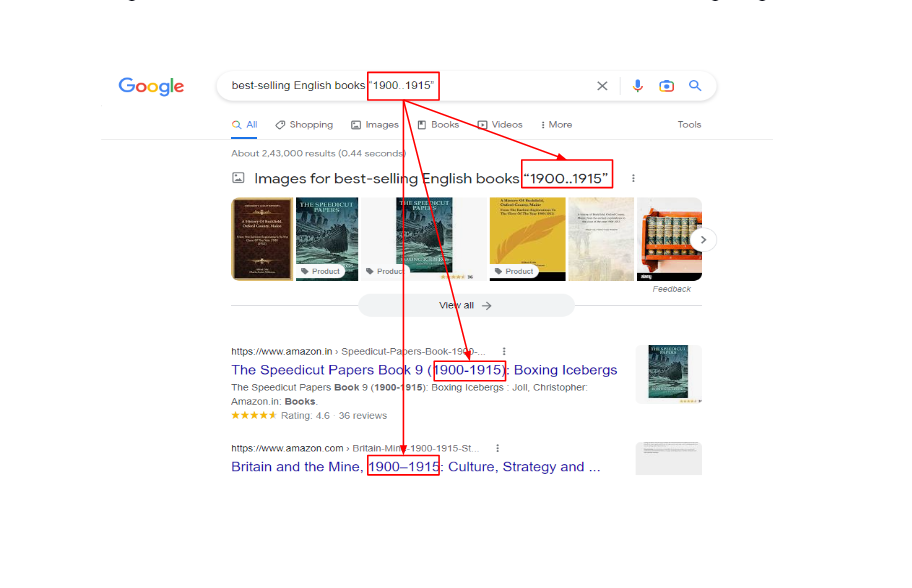
For instance, to find the best-selling English book from 1900 to 1915, instead of Ways to Save Time “best-selling English books between 1900 and 1925”, write the best-selling English book “1900..1915”.
4. Insert Hyphen To Save Your Time While Searching On Google
Google recognises certain special symbols for including or excluding a word. One example is using hyphens. When searching for something like a mobile phone but wanting to exclude a specific brand, you have used a hyphen to exclude that search.
For example, if you write “best mobiles under $200 -Samsung”, you will get a list of all the mobile phones under $200, except Samsung phones. Please note that you will have to insert a gap before the hyphen and no gap between the hyphen and the word you want to exclude.
In the first image, the when we look for the “best mobile under $200 except Samsung.”
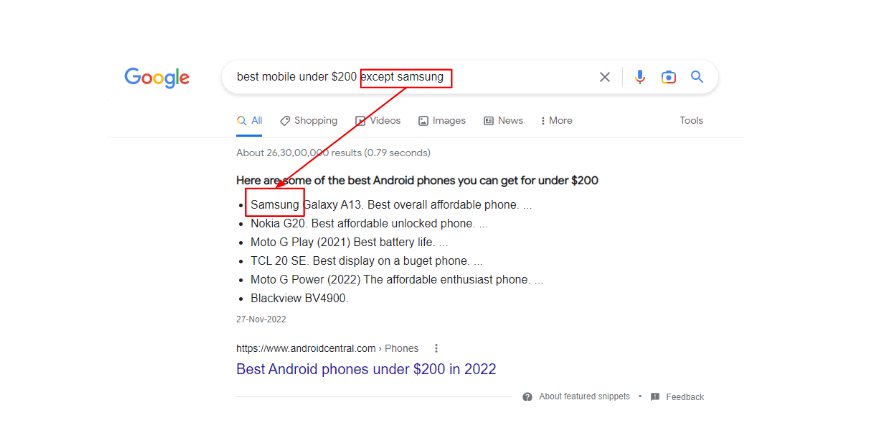
The search result does not prioritize the word “except Samsung” when you don’t include a hyphen as part of the search phrase, instead of using except.
In the second image, we are searching for “best mobile under $200 -Samsung.”
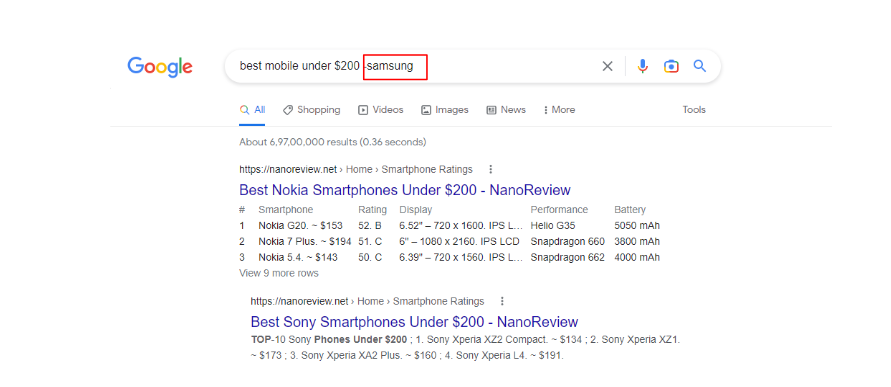
You can see no mention of Samsung in the above image.
5. Search For Specific “Filetype”
If you are looking for a particular file type and know it, you can command google to find the specific kind of files for you without showing you a million irrelevant results. To avail of this feature, you need to type your search keyword followed by the “filetype: (file extension)”. For instance, “Charlotte Tilbury revenue 2022 filetype: pdf.”
6. The Significance Of Or In Google Searches To Save Your Time
The OR function allows users to search for two or more results simultaneously. For instance, if you want to know about a company, and they do not have a website, look for them writing “XYZ company Facebook, Instagram OR Twitter”, and you will get the information of their social media accounts (if present).
7. The Insertion Of AND
Using AND in your search will give you a result that matches all filter conditions you are searching for. By using AND, both the keywords you have used will get equal importance, and you will get results accordingly.
For example, if you search for “Messi” AND “Ronaldo”, you will get information about both renowned players and not just one.
8. Using Advanced Search Operators Like After
AFTER command was introduced in google in 2019 to improve search performance, it helps the user to search for web pages published after a certain period.
For example, SEO guides after:2021 will show you all the studies, research, and articles published about SEO guides after 2021.
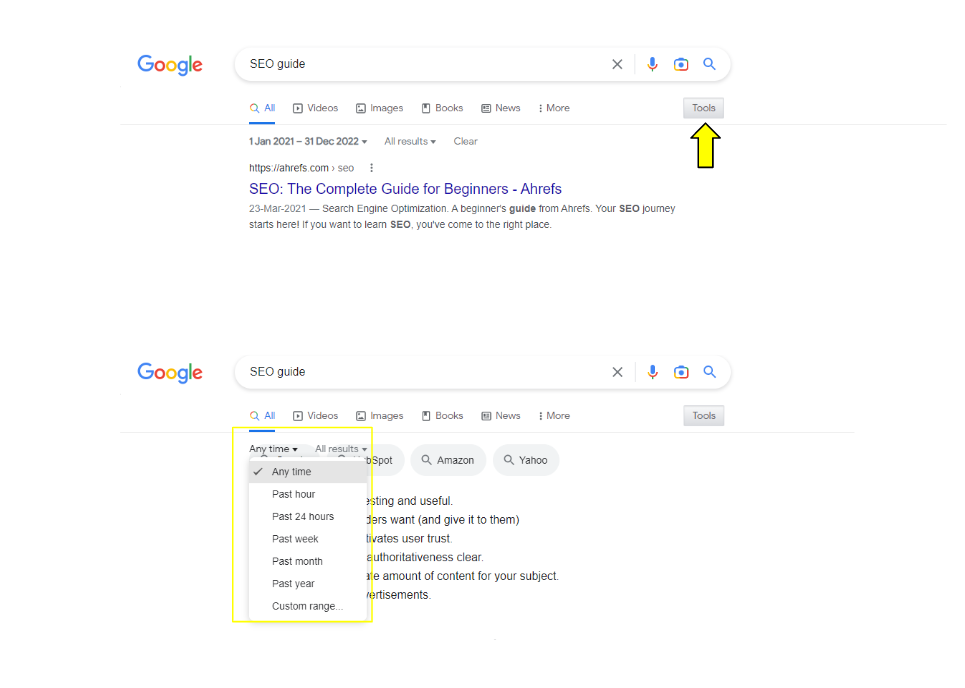
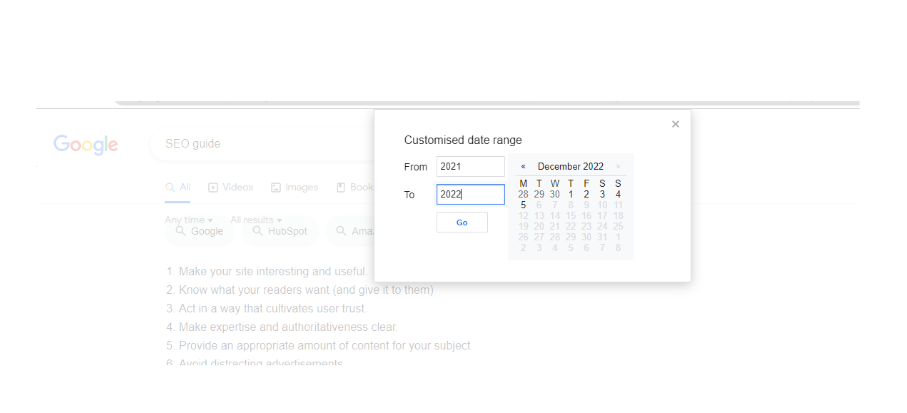
However, you can use the advanced search tool on the google page to avail of this option. Previously the timeframe was adjusted by using the tool command on the right-hand side of the webpage at the top.
Quick Links: What is Content Engagement
9. Using The BEFORE Command
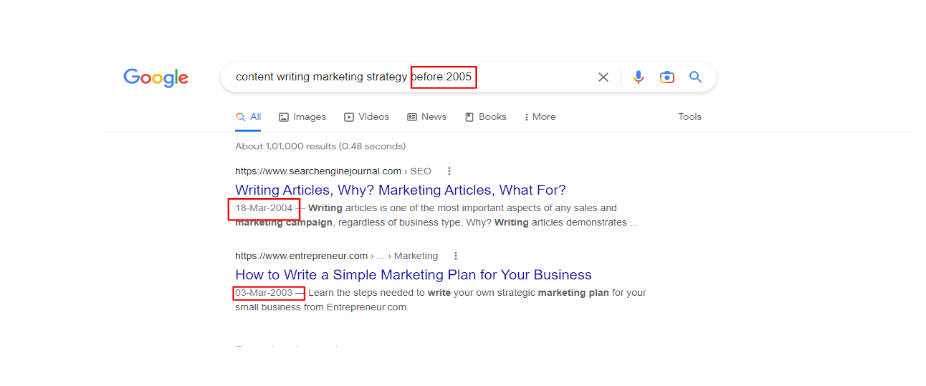
BEFORE command is similar to the AFTER command and was introduced along with the AFTER command. However, owing to the word’s meaning, Before is used to get search results before the mentioned period.
For example, if you want to know about content writing and marketing strategies before 2005, you must write “ Content Writing marketing strategy before:2005”, as the above image.
Wrapping Up
These simple Ways to Save Time while looking for something trivial or important in google. These commands, symbols, and techniques will guide you to avoid the million search results that google can come up with. You will get presided and optimized search results by using these words.
Adapt these time-saver tips to improve your search skills. Make it a habit to search things in Google following these tips and get opposite results. You can refer to our blogs for better insights and guidance if you are still facing issues.
Happy searching!
Read More About: How to write an introduction
FAQs
1. How can you use Google more efficiently and save your time?
Be specific with what you want when searching for something in Google. Some special time-saver tips like using special characters, naming the website you want, using filters, and clicking on “Advance Search” at the bottom can help you work efficiently.
2. Why does Google ignore some special characters?
Google usually ignores special characters like punctuation marks that are not part of a search operator. However, some special characters, like +, -, OR, etc., tune fine with Google.
3. What are some common mistakes people make when using google?
There are two common mistakes that people make again and again that should be avoided:
- Typing a question
- Using the wrong keyword
4. How can you optimize my google searches to get better results?
The four ways you can optimize your Google searches are as follows:
- Add a solid and verified site.
- Add the correct keyword.
- Develop content that emphasizes keywords
- Take a close look at your link.
5. What are the punctuations that Google ignores?
The 15 punctuations that google ignores are:
- hyphen,
- exclamation point,
- apostrophe,
- comma,
- colon,
- semicolon,
- ellipsis,
- period,
- parentheses,
- braces,
- brackets,
- question mark,
- quotation mark, and
- dash.


